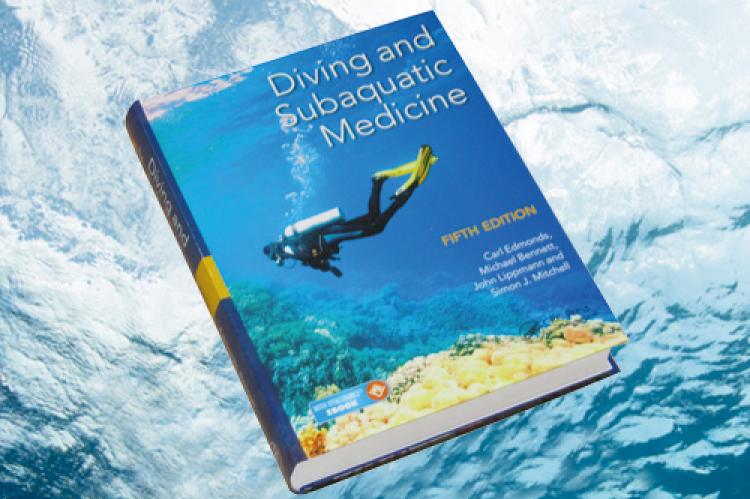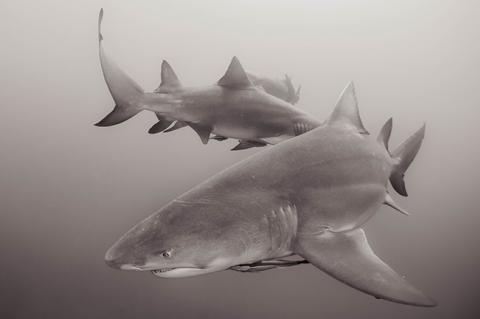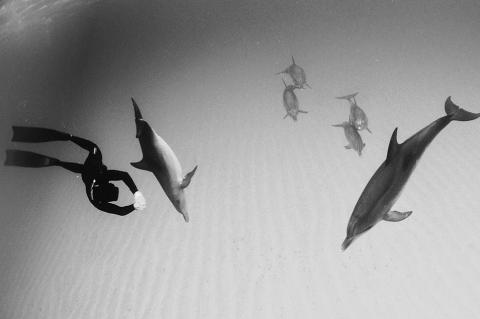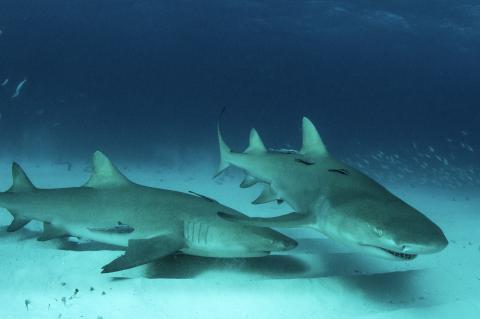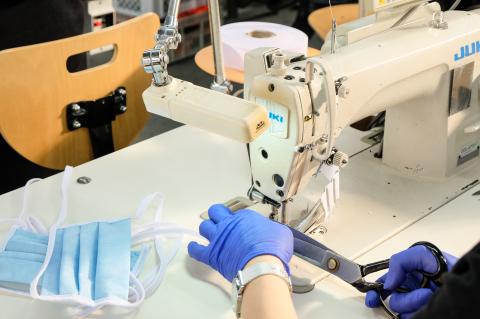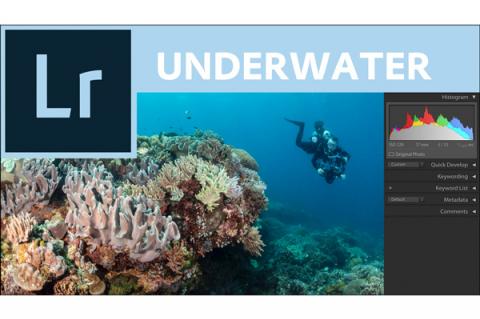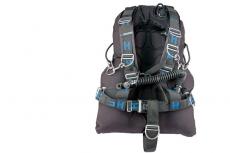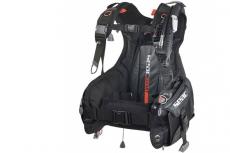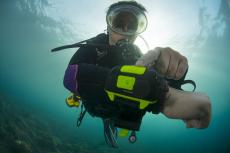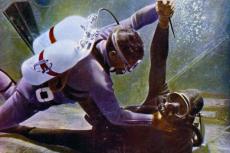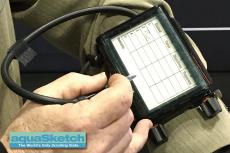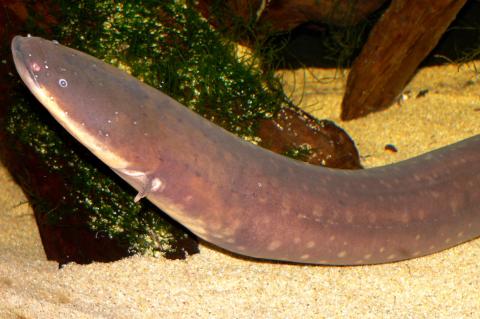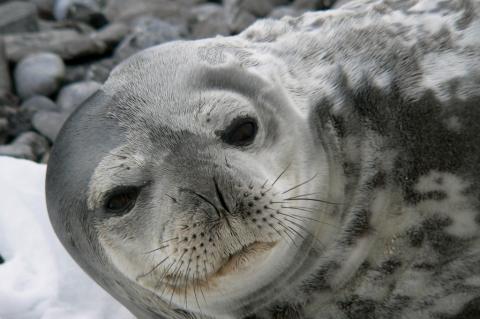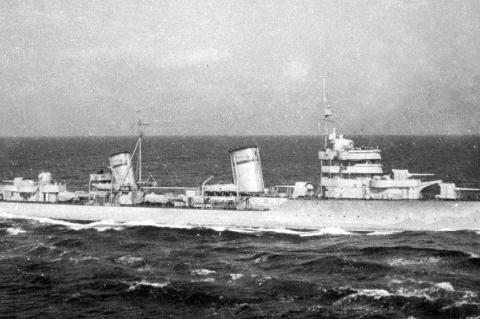Diving Docs warn using SCUBA when freediving can be fatal
A peer-reviewed study has been published in the December 2019 edition of DHM, that discusses the case of an experienced breath-hold diver who died from an air embolism, after taking a breath(s) on SCUBA.
Dr John Lippmann is a respected author and has heavily contributed to the essential resource 'Diving and Subaquatic Medicine' reference book
The Australian authors - Dr Neil Banham (lead) and Dr John Lippmann - reported that a 26 year-old healthy male freediver dived to 10 m / 32.8 ft where he met a friend who was diving on scuba. The free-diver breathed from a scuba regulator before ascending.
It may have been that he held much of his breath during ascent, which would have been his usual and generally safe practice with normal breath hold diving. Banham, Lippmann
It is not known whether the free-diver exhaled during ascent. However he was found unconscious on the surface with blood coming from his mouth. Attempts were made to resuscitate him. He was then medevaced to a nearby hospital where he failed to regain consciousness following resuscitation attempts.
Banham and Lippmann noted that a CT scan had been conducted immediately after resusciation attempts were stopped and the results showed physical damage to the lungs, liver, spleen, kidneys and brain. Some of the barotrauma (pressure-injury) damage was extensive and extreme.
Although some divers might be surprised that this injury can occur from an ascent from 10 msw (metres sea water), pulmonary baratrauma (burst lung) and air embolism (air bubbles in the arterial circulation, often the brain) have occured after breathing SCUBA and ascending from as little as one metre.
Golden Rule of Diving
One of the first pieces of information taught to divers is to never hold your breath whilst diving. It is possible that the freediver did not know this important and golden rule about maintaining an open airway and ensuring adequate exhalation during ascent after breathing compressed gas underwater. The major implication of failing to do so are pulmonary baratrauma and cerebral arterial gas embolism (CAGE), as in this case.
Timely Warning
This freediving fatality serves as a timely warning because in the last couple of years we have seen an explosion of mini-scuba solutions being marketed and promoted to both the diving community and the general public. The inventor(s) are often seeking seed finance via platforms such as GoFundMe. The PR often goes along the line of "why bother with expensive scuba diving lessons and equipment, when you could buy this product for a couple of hundred pounds and the ocean is your oyster." There is very little, if any safety information given.
When the 'Mini-Dive' was launched in late Spring 2017 it came with the safety message "Always adopt flexible and continuous respiration." The important message got lost in translation and there was no explanation as to why it is dangerous to hold your breath whilst scuba diving.
Neil Banham and John Lippmann highlighted in their article it is important that both scuba divers and freedivers need to be properly educated about the risk of pulmonary barotrauma and CAGE.
Diving and Hyperbaric Medicine (DHM) Journal
SPUMS (South Pacific Underwater Medicine Society) and EUBS (European Underwater and Baromedical Society) jointly publish the 'Diving and Hyperbaric Medicine' journal once a quarter.
Unless a release fee is paid, all DHM articles are embargoed for one year. During this time the only people who can access the new research are SPUMs members. Anyone can become an Associate Member of SPUMs, just follow the link at the end of this article.
In certain circumstances fees are paid to release a paper early. In September 2018 EUROTEK paid the fee so that a new piece of peer-reviewed research about the storage of partly used sorb could be released one-year early, to help provide rebreather divers with some much needed clarity.


